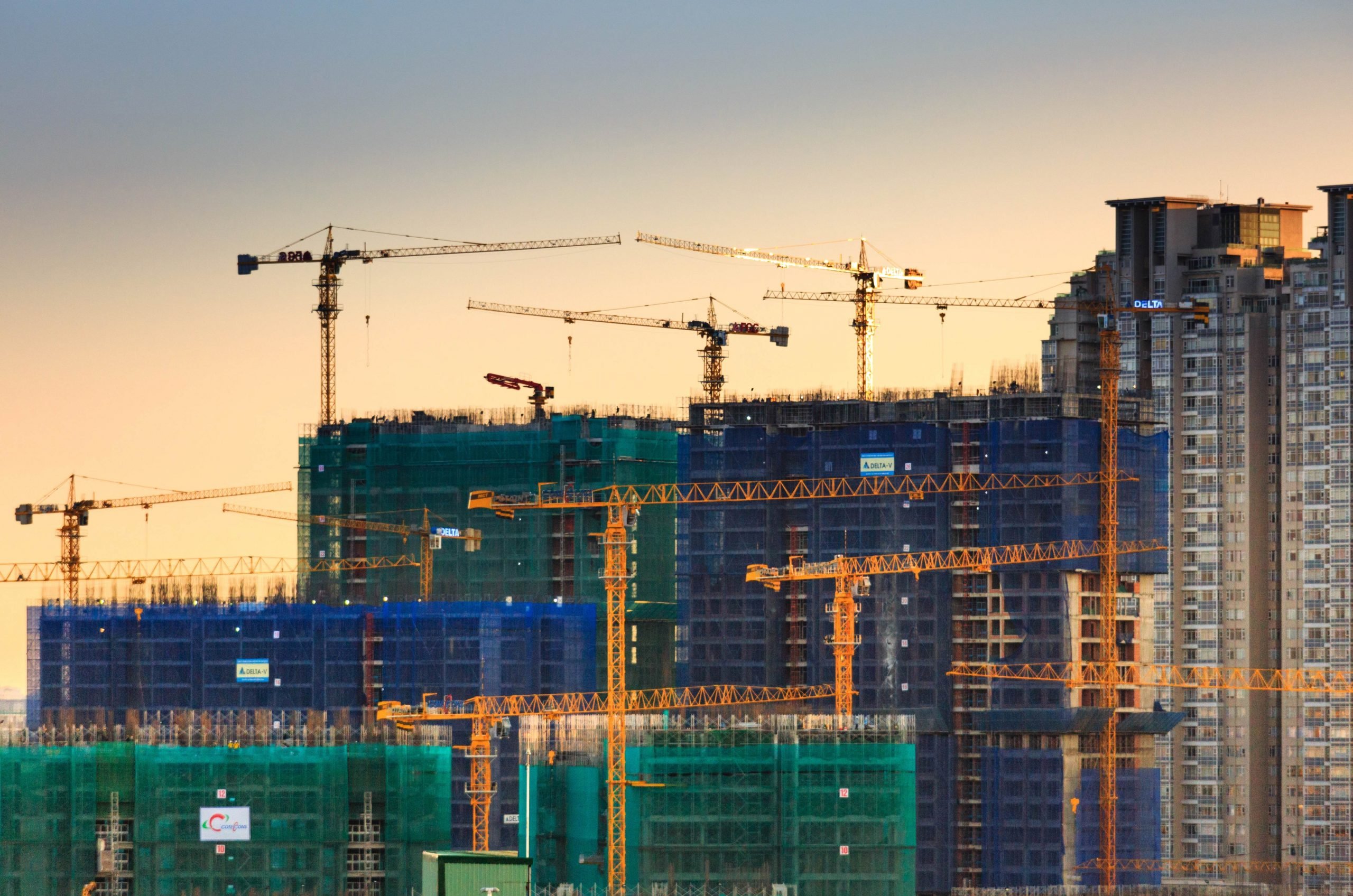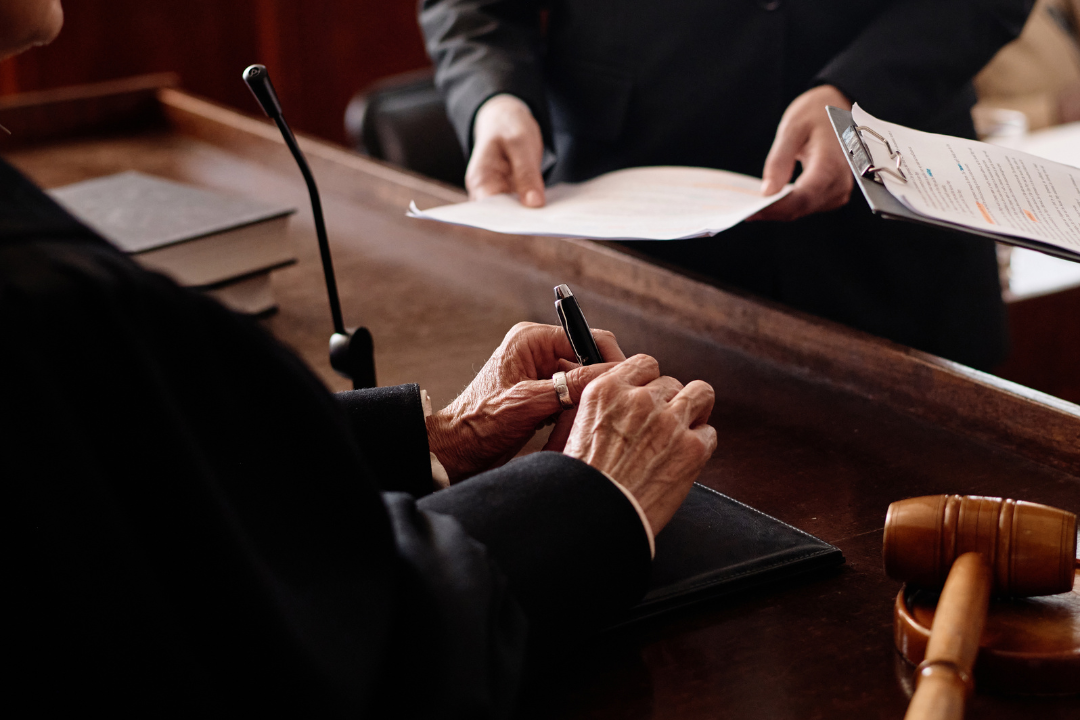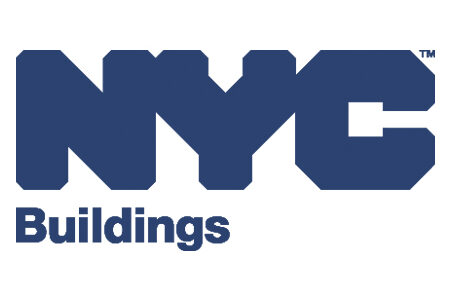
NYC's Leading Parapet Inspection Firm
Licensed engineers. Fast turnaround. Fully compliant with Local Law 126.
Licensed Professionals
NYC DOB certified engineers and architects
Fast Turnaround
Comprehensive reports delivered within days
Full Compliance
Complete DOB filing support included
Understanding Local Law 126
NYC's Local Law 126 requires annual parapet inspections for buildings over 6 stories. Stay compliant and ensure your building's safety with professional inspection services.
Annual Requirement
Inspections must be completed annually and filed with the DOB
Buildings Affected
All buildings over 6 stories with parapets must comply
Safety Focus
Prevents falling debris and ensures pedestrian safety
Professional Reports
Detailed documentation required for DOB compliance
What Local Law 126 Covers
- Parapet Walls:Structural integrity and attachment to building
- Coping Stones:Condition and secure attachment assessment
- Masonry Elements:Mortar joints, brick condition, and structural soundness
- Safety Hazards:Identification of loose or deteriorating components
Compliance Deadlines
Initial Filing
First inspection must be completed by building's anniversary date
Annual Renewals
Subsequent inspections due every 12 months
Penalties
Fines start at $1,000 and increase for continued non-compliance
Why Choose VetraCheck?
We're not just another inspection company. We're your partners in building compliance, safety, and peace of mind.
Licensed Professionals
Our team includes NYC DOB certified engineers and architects with extensive facade inspection experience.
Fast Turnaround
We understand deadlines matter. Get your comprehensive inspection report within 3-5 business days.
Comprehensive Reports
Detailed documentation with photos, recommendations, and all required DOB filing information.
Expert Team
Qualified professionals with years of experience in NYC building compliance and safety regulations.
Proven Track Record
Successfully completed thousands of inspections across all five boroughs with 100% compliance rate.
Ongoing Support
We provide continued support for any questions or follow-up requirements after your inspection.
Our Commitment to Excellence
100% Compliance Rate: Every report meets or exceeds DOB requirements
Emergency Services: Urgent inspections available for time-sensitive situations
All Five Boroughs: Licensed to operate throughout NYC
Competitive Pricing: Transparent, fair pricing with no hidden fees



Comprehensive Inspection Reports
Our detailed reports provide everything you need for DOB compliance, featuring professional documentation and clear condition assessments.
Required Report Elements
- Property address and building identification
- Licensed professional engineer or architect credentials
- Detailed parapet construction and condition assessment
- High-resolution photographs with annotations
- Safe, SWARMP, or Unsafe classification per 1 RCNY §103-15

Dated Photographic Documentation
High-resolution photos of all parapet conditions with detailed annotations and timestamps
Safe/SWARMP/Unsafe Classification
Clear condition assessment following 1 RCNY §103-15 guidelines for DOB compliance
Complete Technical Details
Property address, inspector credentials, observation dates, and parapet construction details
Immediate Safety Protocol
Instant DOB notification and protective measure coordination for unsafe conditions
6-Year Record Retention
Secure storage and easy access to inspection history for DOB requests and compliance tracking
Annual Compliance Tracking
Systematic scheduling and reminder system to ensure timely annual inspections
What Our Clients Say
"VetraCheck helped us navigate the complexities of NYC Local Law 126 with ease. Their team was professional, thorough, and incredibly knowledgeable. Thanks to their detailed inspections and clear reporting, we were able to address potential issues before they became costly problems."

Michael K.
Property Investor
Our Partners


Trusted by Industry Leaders
Our partnerships with leading organizations in the construction and engineering industry demonstrate our commitment to excellence and professional standards.
Get Your Quote Today
Ready to ensure your building's compliance with Local Law 126? Contact our expert team for a comprehensive inspection quote.
Request Your Consultation
Contact Information
Phone
+1 646-389-1199Address
131 Varick St., STE 1024
New York, NY 10013
Business Hours
Monday - Friday: 9:00 AM - 5:00 PM
Emergency inspections available
Emergency Inspections
Need an urgent facade inspection? We offer emergency services for time-sensitive compliance requirements.
Call NowWhy Choose VetraCheck?
- Licensed engineers and architects
- Fast turnaround and comprehensive reporting
- Full DOB compliance documentation
- Serving all 5 NYC boroughs
Don't Wait Until It's Too Late
Local Law 126 compliance deadlines are approaching fast. Ensure your building's safety and avoid costly penalties with VetraCheck's professional inspection services.
Licensed Professionals
Certified engineers and architects with NYC DOB expertise
Fast Turnaround
Quick scheduling and comprehensive reporting within days
Full Compliance
Complete documentation for DOB filing and peace of mind
Emergency inspections available • Licensed in all 5 boroughs • Free initial consultation